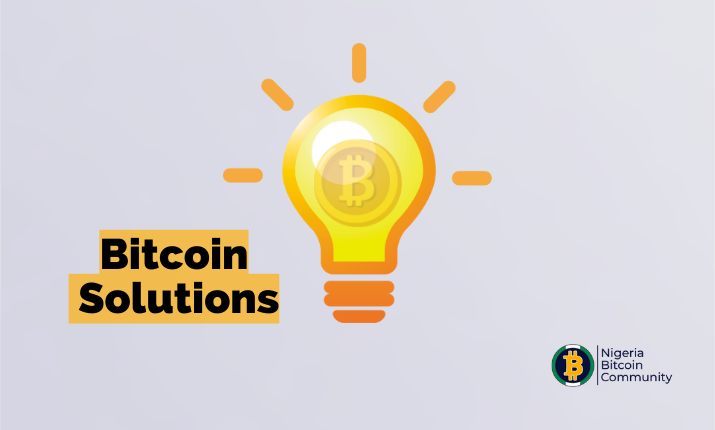No doubt, decentralization is a core reason why many folks trade Bitcoin but is it the only solution that Bitcoin has to offer? Of course not.
Moreover, the impact of Bitcoin is so wide that financial services companies can no longer ignore it. And the smart ones have provided a diversified portfolio to accommodate Bitcoin.
So, what other solutions does Bitcoin bring to the table, and does it have any limitations? Keep reading and I will show you.
Financial Solutions Provided By Bitcoin
a) Decentralization
Decentralization is the first strength of Bitcoin. It is not subject to government or political influence. This makes international transactions a lot easier because there are no checks by any central authority or standard bank fees.
Additionally, bitcoin transactions are cheaper and faster than the traditional banking system. P2P businesses can make bulk payments across borders in minutes. A process that would take days with banks.
Furthermore, using Bitcoin is not a herculean task. There is no need for any paperwork. With just a smartphone and internet access, you can download a Bitcoin wallet to begin transactions. Talk about a bank for the unbanked.
b) Globalization
Without the internet, we cannot boldly say that the world is a global village. Gratefully, we have a currency that operates mainly with the internet. Bitcoin can indeed compress the world into a village. It removes the need for middlemen thus making transactions seamless.
In Africa alone, 54 countries use different currencies, exchange rates, and legalities. This makes cross-border transactions difficult and most traders result to informal means. But it is not an easy option as it may attract harassment and corruption among other problems.
According to Investopedia, globalization refers to the spread of the flow of financial products, goods, technology, information, and jobs across national borders and cultures.
This definition reveals how much Bitcoin can help to achieve globalization seeing that it increases the speed and convenience of international transactions while reducing costs.
Related: This Is Why Bitcoin Will Be Accepted As A Legal Tender Globally Or Never!
c) Identity protection
Here, I’m bringing your attention to how Bitcoin transactions are anonymous, and yet the history is recorded and traceable.
Like Bitcoin, financial services companies can leverage blockchain technology to protect users’ identities while maintaining a safe record of all transaction data.
Even, such a system will be beneficial to refugees who lack formal identification of their person. That way, they will be able to do what they couldn’t easily do before like obtaining loans and accessing healthcare.
A few months ago, my friend enlightened me on how the blockchain can help achieve transparency and accountability in real estate. She elaborated on how it will help back up and track data rather than rely on transactions sealed with a handshake. Interesting, right? But that’s a story for another day.
d) Competitive advantage
Need I say more? Bitcoin helps businesses that include it as a payment option to stand out among their competitors.
As mentioned, completing transactions via traditional means is not as convenient, fast, and cheap as Bitcoin transactions. Coupled with the fact that Bitcoin adoption is on the increase, it only makes sense that merchants that accept Bitcoin will scale faster than their counterparts who do not accept Bitcoin.
Companies who have realized this truth are jumping in fast. Big brands like Microsoft, PayPal, and Starbucks accept Bitcoin. Also, many folks save in Bitcoin because the interest rate is higher as compared to when they save in banks.
The above and more are the solutions provided by Bitcoin but…
On The Flip Side
Bitcoin is not without limitations. For a start, it cannot be used for micropayment. Presently, a unit of Bitcoin goes for $29,385.48. So, imagine if you needed to purchase an item that cost only $2, will Bitcoin come through for you?
This makes Bitcoin a more suitable option for building wealth rather than for daily transactions, especially when you consider the high volatility of its price. Bitcoin is also a good choice for transactions that involve bulk payments, but then it also poses a risk of money laundering. Oops!
Additionally, saying that Bitcoin is a bank for the unbanked may not be entirely true. Some folks whose homes are far from the banks may not have access to the internet and they may not own smartphones. So, Bitcoin will not save them as well.
Conclusion
In the end, we cannot accept the good and not the bad. The solutions that Bitcoin proffers are glaring in the eye but so are the risks. Therefore, financial services companies must find a way to utilize the benefits of Bitcoin while curbing the risks to the barest minimum.



0 Comments